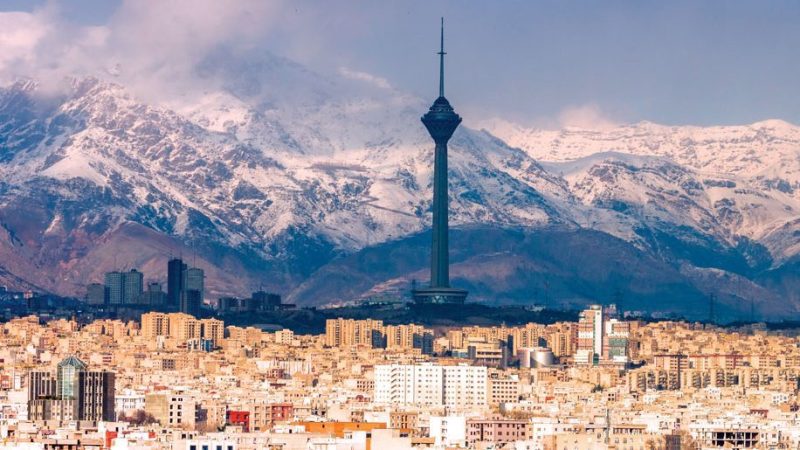As its thirteenth global opening, Qatar Tourism has established its first representative office in the Iranian capital.
The office will be in charge of managing a variety of marketing projects, such as partnerships with tour operators, destination training for travel agents, media visits, and advertising, all of which will position Qatar as a choice for tourists from Iran due to its “cosmopolitan and culturally” diverse experience.
“Qatar Tourism’s choice in the location of its latest office opening is a testament to the decades-long cultural and trade ties between the two countries. Iran is one of 15 target markets identified by Qatar Tourism as a primary source for tourists looking to relax, rejuvenate and soak in some culture,” said Berthold Trenkel, COO of Qatar Tourism.
Weekly direct flights between Doha and different Iranian cities, namely Tehran, Shiraz, Mashhad, and Isfahan, which usually take up less than three hours, provide an added layer of convenience to keen travellers.
Iranian passport holders have a visa-free entry as well which exempts Iranian citizens from any prior visa arrangements. Instead, citizens can opt for obtaining a visa waiver upon arrival to Qatar. It will be valid for 30 days from the date of issuance, which can even be extended for an additional 30 days.
However, a hotel reservation via Discover Qatar platform covering the entirety of the stay must be confirmed.
Speaking on the returning benefits of the representative office in Iran, Trenkel added it “will help support Qatar Tourism’s strategic goals to increase the number of visitors to Qatar by threefold, increase spending by 3 to 4 times, and grow the GDP contribution of the tourism sector to 12% by 2030.”
This also comes as the two Persian Gulf countries have agreed to increase their bilateral efforts in tourism and transportation sector especially during the 2022 FIFA World Cup in November.
Qatar and Iran boost tourism
Qatar has signed a number of cooperation agreements in April, which mainly covered areas of air transportation and the major football tournament.
The agreements included documents previously signed during Iran’s President Ebrahim Raisi’s visit to Qatar in February; three bilateral documents in the aviation sector, an agreement in maritime transportation and a document detailing cooperation grounds regarding World Cup. A total of six documents were either activated or newly inked, according to Islamic Republic News Agency.
During the meeting between Iran’s Minister of Roads and Urban Development Rostan Qasemi and Qatar’s Minister of Transport and Communications Jassim bin Saif AlSulaiti, discussions about launching regular shipping lines between Iranian and Qatari ports was also emphasised.
A signed agreement included operations to link Doha Flight Information Region, which was established in accordance with International Civil Aviation Organization resolution, with Iran’s aviation information territory.
A bilateral agreement was also signed to increase the number of flights between Qatar and Iran.
Iran’s Foreign Ministry also proposed a visa free plan to enable the entry of the FIFA World Cup visitors to Tehran without charge, Mehr News Agency reported.
The expected free-of-charge visa plan would potentially cover nationals whose countries have qualified for the World Cup. This, however, excludes passport carriers of the United States, United Kingdom, Canada, Afghanistan, Pakistan, India, Bangladesh, Somalia and Sri Lanka.
Some 400 direct flights from Iran’s Kish Island to Qatar are also scheduled to be launched in conjunction with the World Cup 2022, in a bid to further expand Iran’s tourism arm.
The two countries in the Gulf consent to carry out 400 flights and four cruise ships to be navigated from Kish to the Gulf country, which comes as part of the bilateral efforts to boos cooperation in the tourism sector.
The World Cup is seen as a fresh opportunity to promote Iran as a regional touristic hub and a chance to confront ‘Iranophobia’ sentiments.
The World Cup is a “significant opportunity to represent the true face of Iran by efforts to dwindle the so-called anti-Iranian sentiments,” Iran’s Deputy Tourism Minister said.
Experts said that tourism in Iran was already plummeting before the outbreak of Covid-19. Analysts say media biases and ‘Iranophobia’ sentiments have also contributed to the lack of tourism and foreign investment.

















Leave a Reply